Stephen King’s The Tommyknockers is a fascinatingly flawed novel, a testament to both the author’s immense talent and the destructive power of addiction. While it boasts moments of genuine Kingian horror and a premise ripe with potential, the overall execution suffers from the undeniable shadow of the author’s drug use during its creation.
The story itself centers around a small Maine town, Haven, whose quiet existence is shattered by the discovery of a strange metallic object buried in the woods. This object, the titular Tommyknockers, exerts a subtle but insidious influence on the townsfolk, slowly twisting their minds and bodies, revealing a chilling extraterrestrial invasion with a horrifyingly biological twist. King crafts a compelling sense of creeping dread, effectively building suspense and unease as the townspeople succumb to the alien presence. The initial stages of the infection, with their subtle psychological changes and disturbing physical transformations, are genuinely unsettling and well-executed.
However, the novel’s weaknesses are equally prominent. King himself acknowledges the impact of his cocaine addiction, and the resulting unevenness is readily apparent. The pacing is erratic, with long stretches of meandering narrative interspersed with sudden bursts of frantic action. The characters, while initially relatable, often devolve into caricatures, their actions sometimes feeling illogical or driven by plot convenience rather than genuine character motivations. The narrative voice, too, feels inconsistent at times, shifting between King’s signature conversational style and a more detached, almost clinical tone.
The ending, while dramatic, feels somewhat rushed and unsatisfying, lacking the satisfying closure one expects from a King novel. The potential for a deeper exploration of the themes of addiction, societal manipulation, and the nature of humanity is largely untapped, leaving the reader with a sense of unfulfilled promise.
Despite its flaws, The Tommyknockers isn’t a complete failure. The core concept is intriguing, and the unsettling atmosphere King creates remains effective in parts. It serves as a cautionary tale, not only for the characters within the novel but also for the reader, offering a glimpse into the destructive influence of addiction on creativity and the potential for even a master storyteller to falter under its weight. For King completists, it’s a must-read, if only to see the author grappling with his demons and the subsequent impact on his work. For casual readers, however, it might be a more frustrating experience, leaving them with a sense of unfulfilled potential and a frustratingly uneven read.


 Đang tải dữ liệu
Đang tải dữ liệu
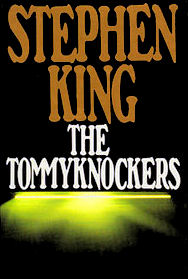


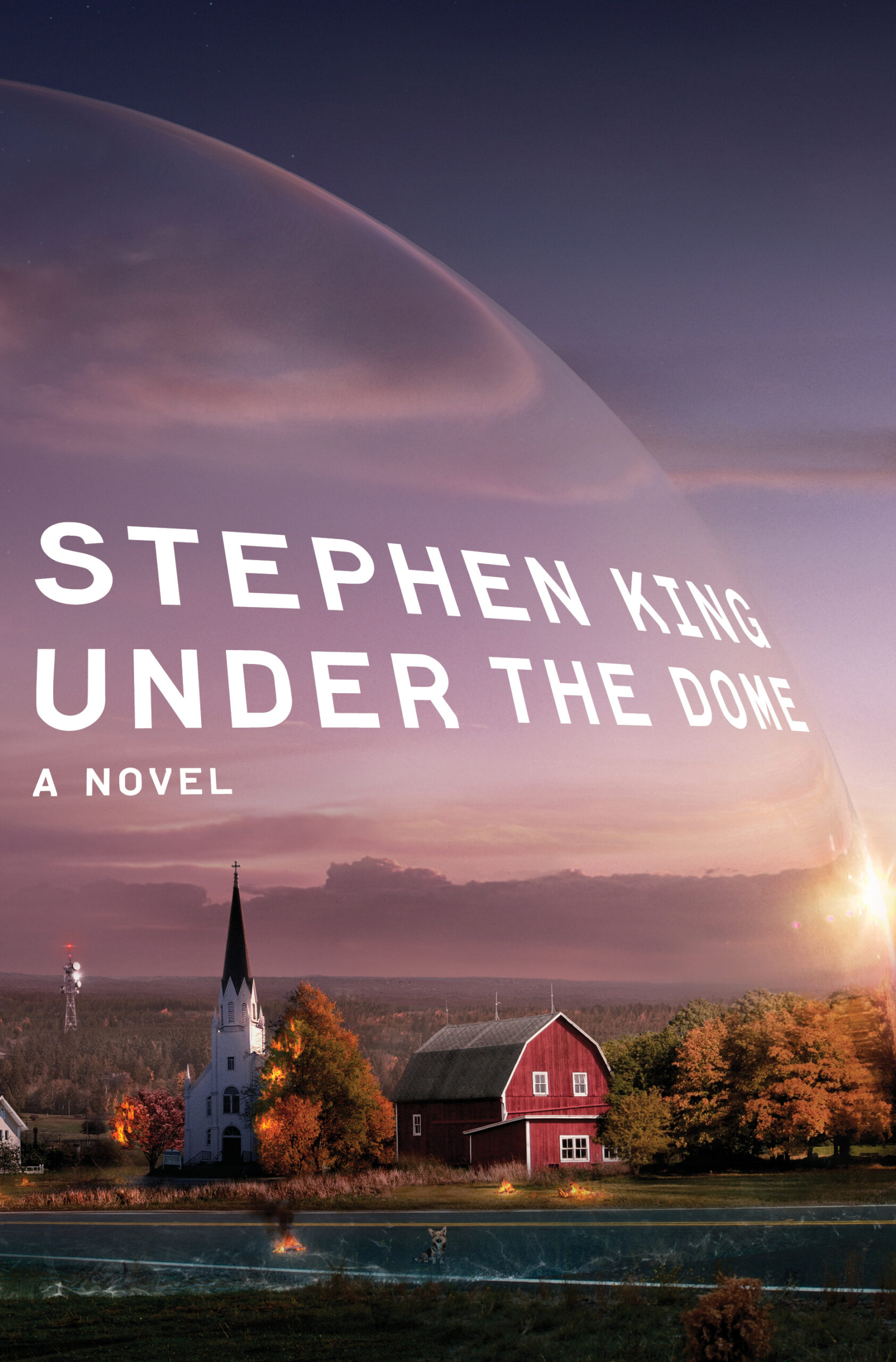
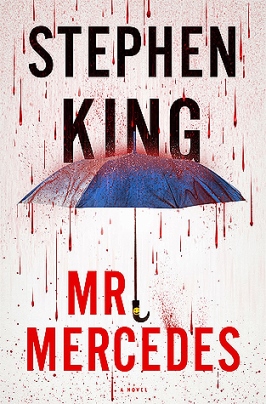
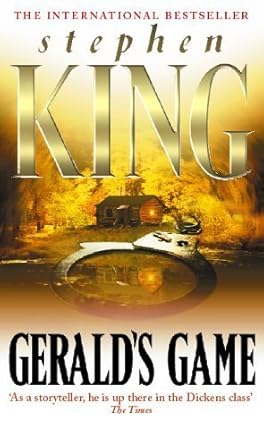

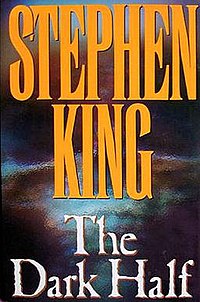
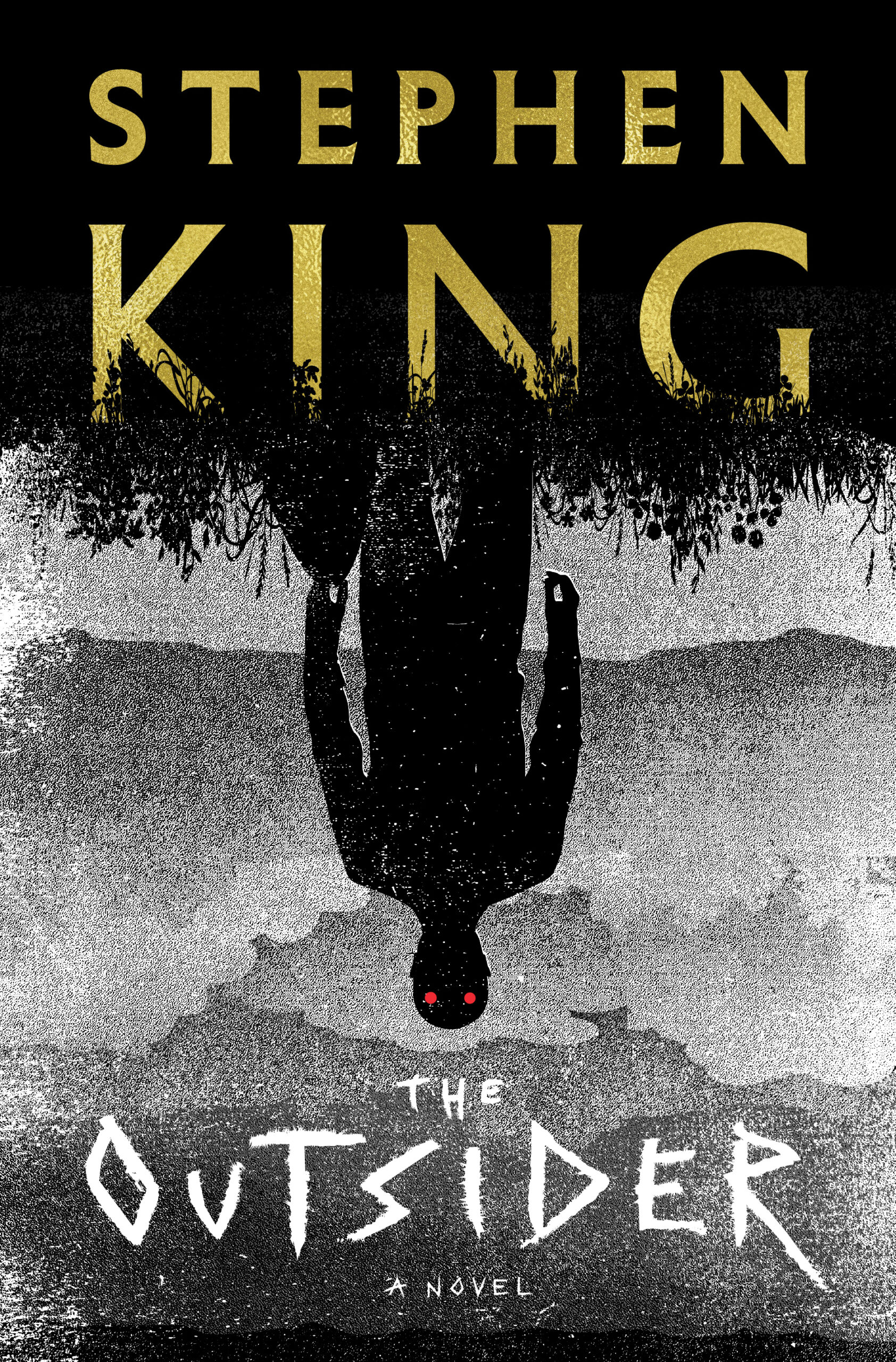





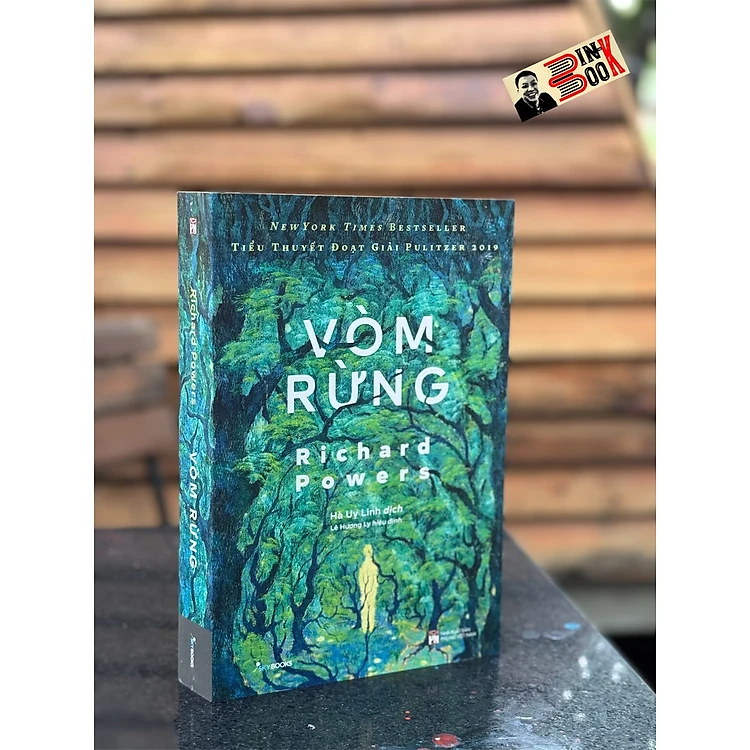
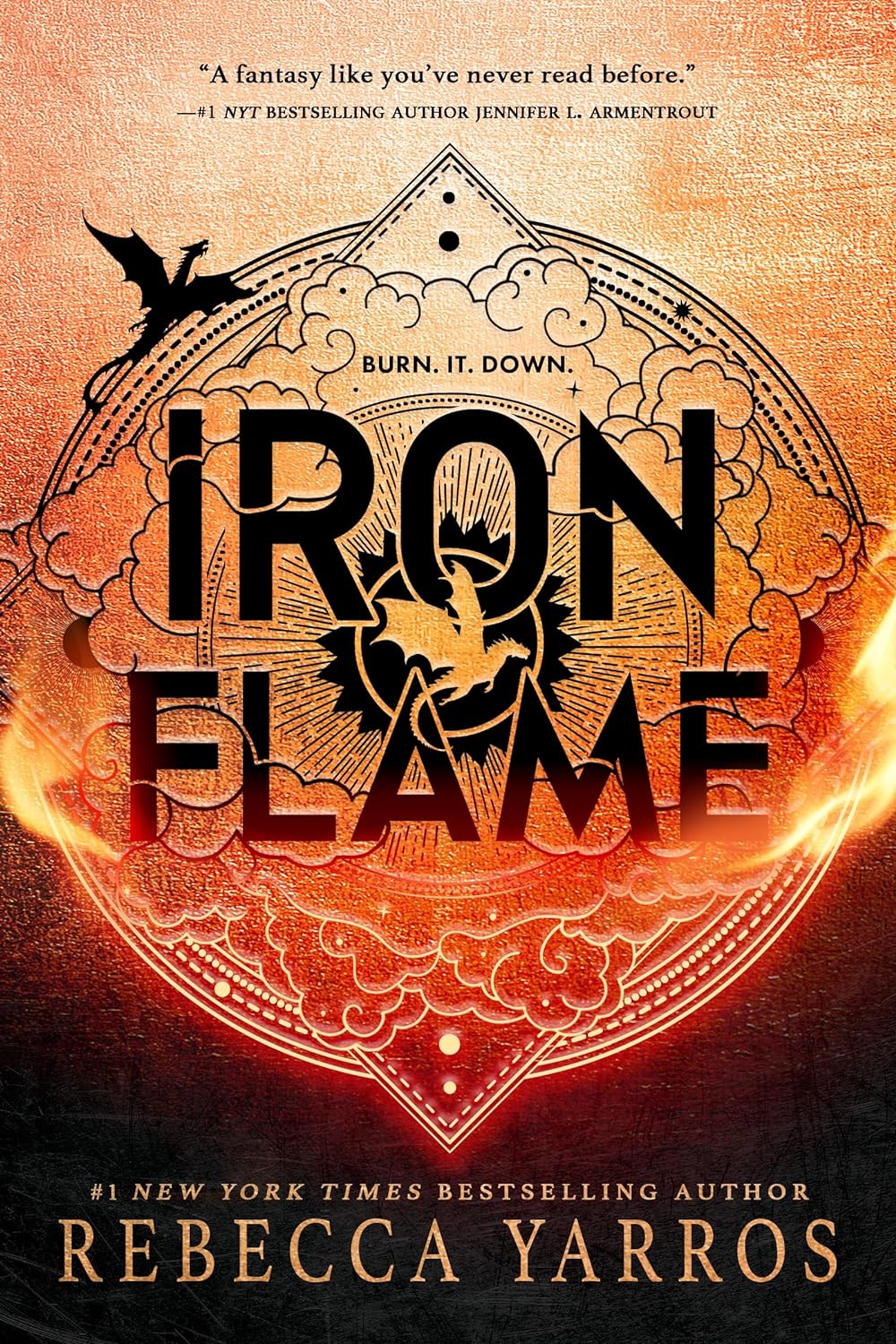
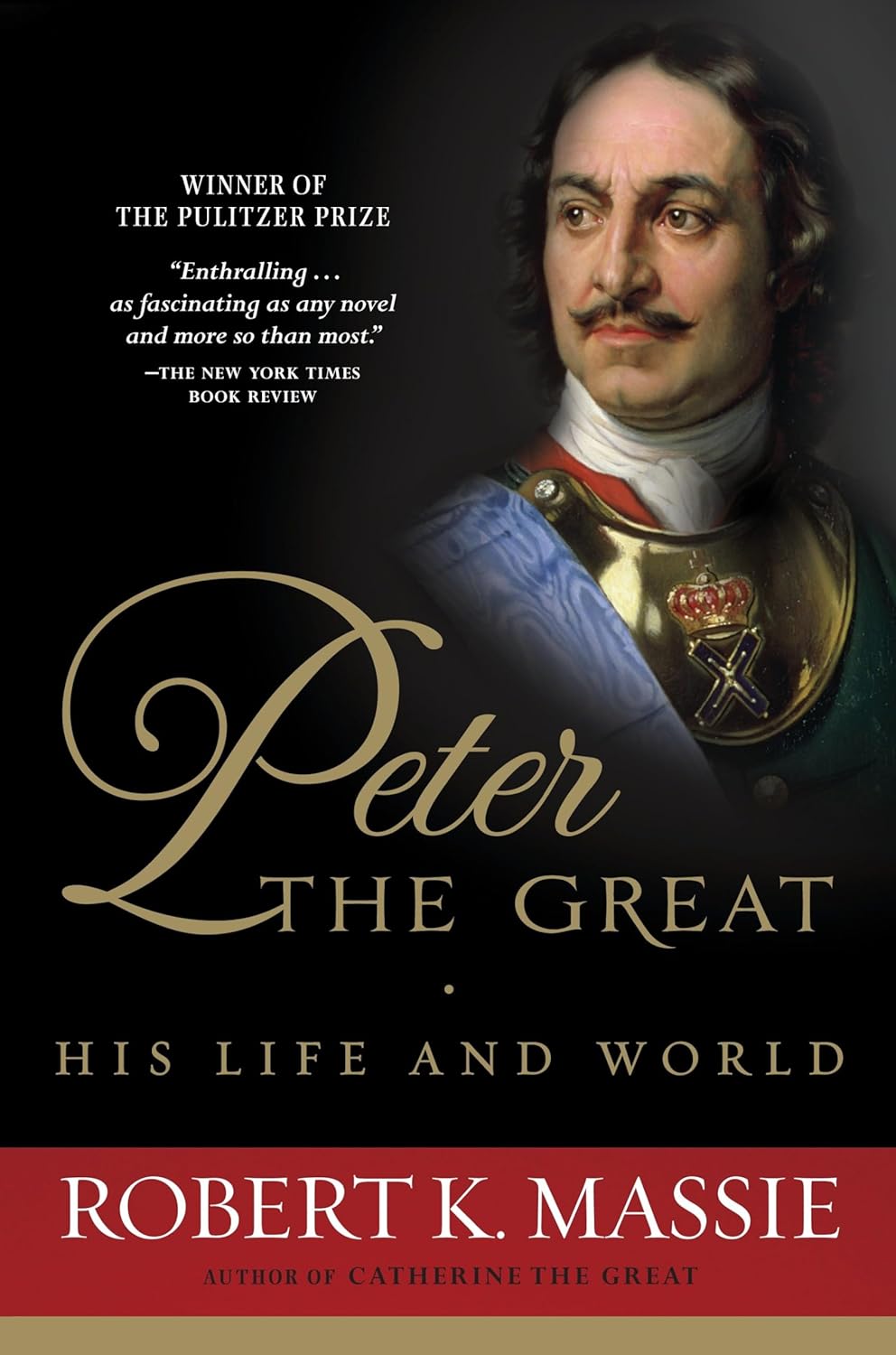
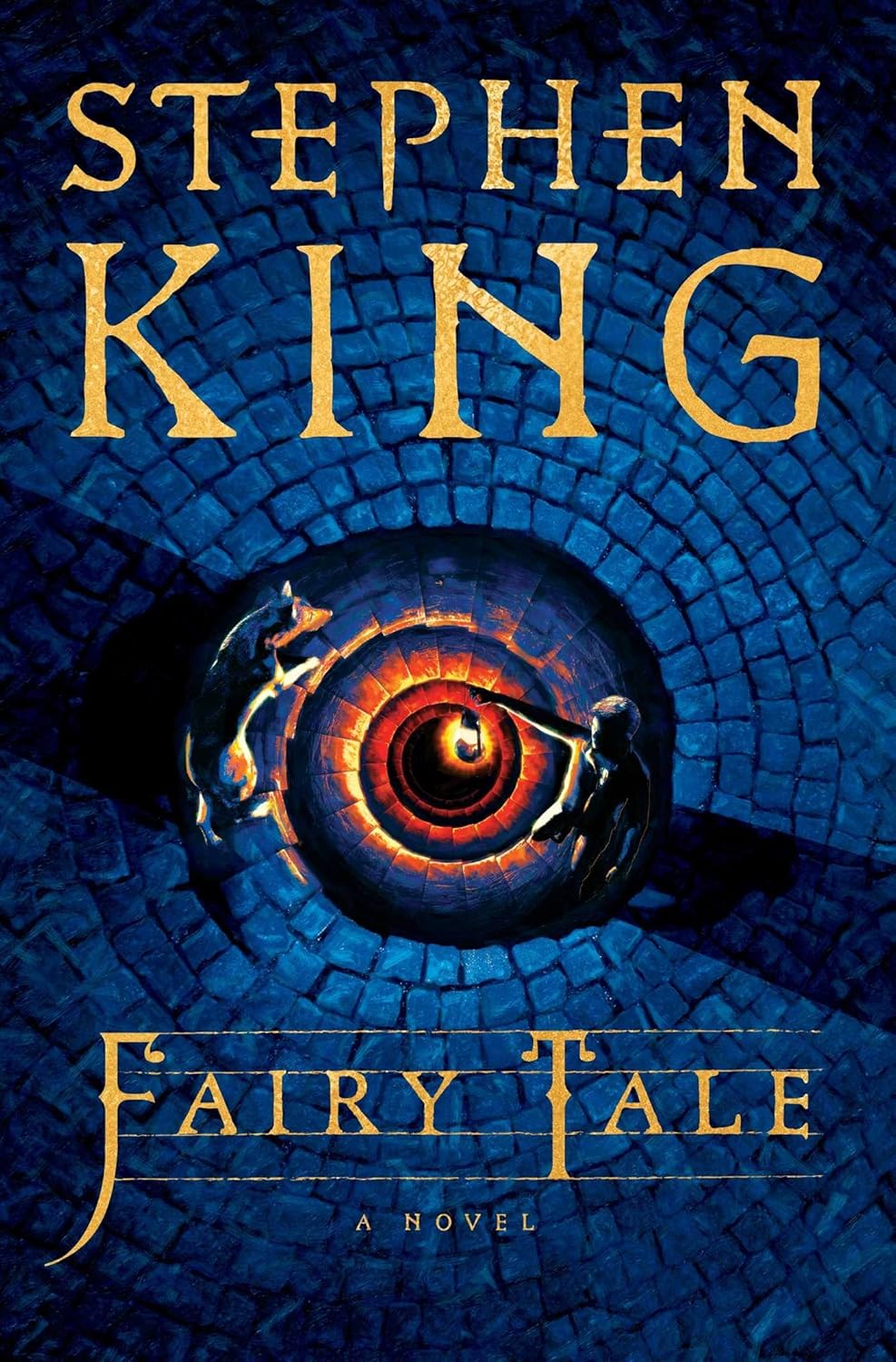


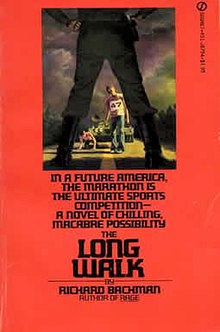
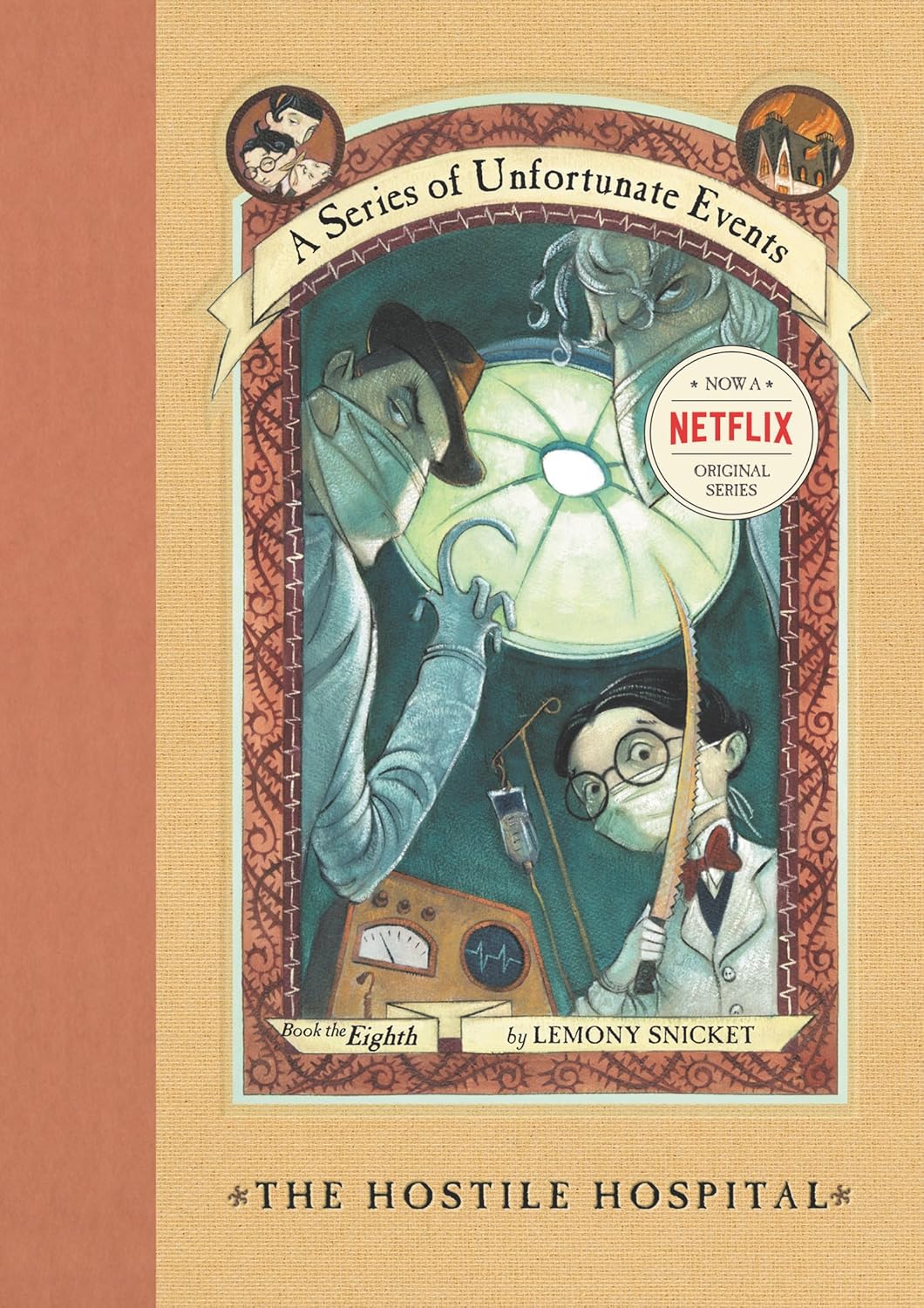
Chia sẻ ý kiến của bạn